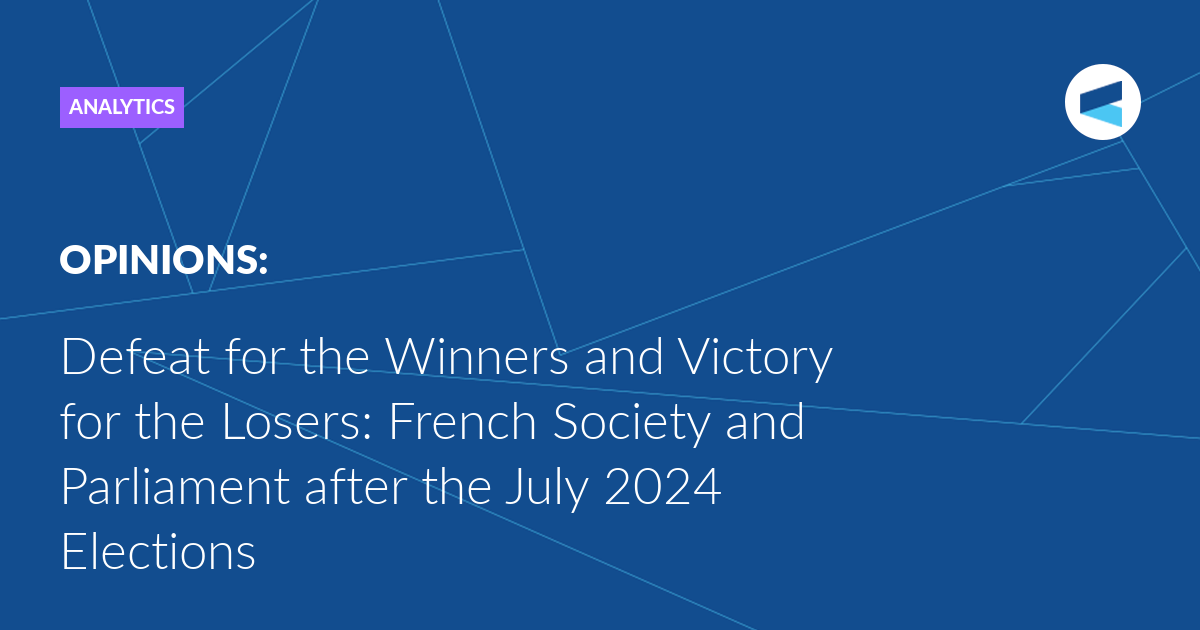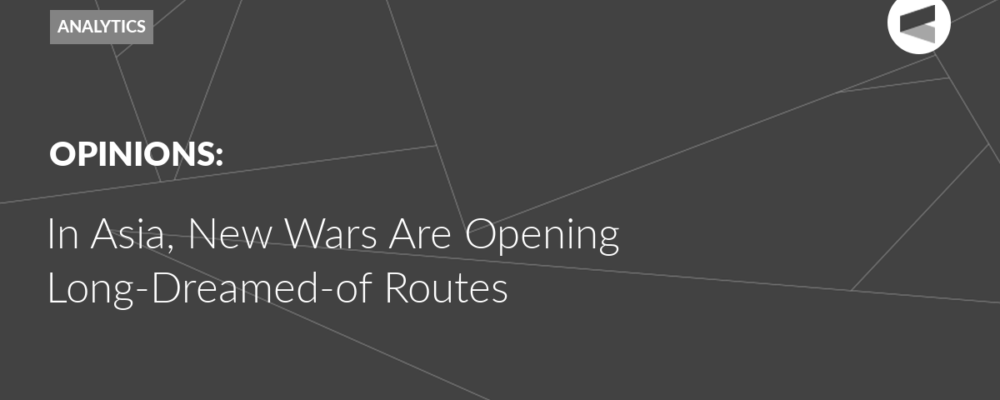A Pyrrhic victory for the left
The proportional European elections in June 2024 brought a clear victory to the National Rally (31%, versus just 14% for the President’s party), the main opposition force in France. This was already a very strong signal to abandon the EU at a time when the European Commission, with the support of Macron, was preparing to create a supranational European federal state.
The French President then decided to dissolve the National Assembly and immediately called early general elections. This procedure remains rather mysterious, but it follows the logic of Macron’s presidency, in which he de facto rules against parliament (where he had a relative majority), using exclusive legislative procedures that are contrary to the spirit of the Constitution.
The snap parliamentary elections, conducted via a two-round majority vote, were officially initiated by Macron to make up for his disastrous European election result, since the voting system allows for the creation of electoral alliances to counter the predictable victory of the National Rally. In particular, we suddenly see the emergence of the New Popular Front, which brings together the far-left Unconquered France, the centre-left Socialist Party and environmentalists. As a result, it was this union that managed to win the elections (182 deputies out of 500), ahead of the National Rally (143 deputies), while the presidential party fell to a modest third place (102 deputies, but 168 with allies), and the right-wing Republican party found itself in complete collapse (45 deputies).
However, this victory of the “left” in the broad sense of the word is completely illusory. The New Popular Front is not a party at all, but simply an electoral association that arose as a result of the refusal of these parties for socio-ideological reasons (including anachronistic pseudo-anti-fascism) from the expected victory of the National Rally. On the main issues of the current moment, the two main forces of this “Front”, Unconquered France (74 deputies) and the Socialist Party (59 deputies), are in frontal opposition: on the issue of the Palestinian and Ukrainian wars, on the redistribution of wealth, on “Vests”, on pensions reform, etc. Therefore, it is clear that this alliance will not last long. This is an unholy alliance.
On the other hand, there may be a rapid split between Unconquered France and other members of the Front, and a new alliance between Macron’s party and the remnants of these leftists, the Socialist Party and the Ecologists. In other words, we will see a return to the origins of Macron’s party, which is really the result of a recomposition between elements of the Socialist Party and centrism. In this case, however, the government will have only a very fragile legitimacy, always capable of collapsing over any controversial issue.
Conformist evolution of the National Rally
It is important to note that the National Rally – a growing political force – is precisely for this reason becoming less and less an opposition party as it approaches supreme power, no matter what it is about. Initially a far-right party, which in the 2000s became a kind of people’s workers’ party with social priorities, while maintaining a nationalist line, it almost completely abandoned these positions in 2022 with the outbreak of the Ukraine conflict. Today, the party of the very young Jordan Bardella appears to have become simply an Atlanticist right-wing party, fundamentally opposed to immigration. All its political specificity has disappeared, in particular, the desire to oppose the EU and NATO Its alliance with the Republicans also signals a retreat on social issues and a takeover of the traditional right. All that remained is a “populist” party of the dissatisfied citizens, but fully compatible with the power as it is. The National Rally is no longer an opposition party in the political sense, even if it remains so in the socio-political sense, attracting the popular electorate, and this is the main thing.
The end of Macronism?
The National Rally received twice as many votes as the former “presidential majority,” which now accounts for only 15% of the vote. The National Rally leads in all regions, in 94% of municipalities and in all age groups, including youth and pensioners, who are considered the most left-wing and the most centrist, respectively. Thus, we can talk about a sociological generalisation of the vote for the National Rally. Macronism suffered a complete defeat in the elections.
The National Rally succeeds only because it is perceived as a force of real opposition (which is increasingly not the case), and it had to win because it is the party that best represents the deep malaise that plagues the working class and other sections of the population. Of course, the local electoral system prevented this victory, because the National Rally remains a party that lacks acceptance among the rest of the political system precisely because it represents popular forces.
Finally, these elections are likely to usher in a period of “co-government” – a phenomenon that disappeared after the constitutional reform of the five-year term (2000), which, by combining presidential and parliamentary elections, transferred the reality of executive power to the president alone. Today we are therefore heading towards a likely reorientation of executive power towards the prime minister, which will further distance Macron from political action, as well as from the criticism that continues to fall on him.
In short, we are faced with a situation where those who should be the real winners (the National Rally, France’s leading party as such) have lost, and the real losers (the New Popular Front and the Macronists) have won. Here is a time bomb for the entire socio-political system. Therefore, the high level of conflict observed in parliament since 2018 will only increase. Above all, the underrepresentation and artificial second place of the National Rally party, which best represents the working class, can only give rise to more Yellow Vests protests.
The Valdai Discussion Club was established in 2004. It is named after Lake Valdai, which is located close to Veliky Novgorod, where the Club’s first meeting took place.
Please visit the firm link to site






